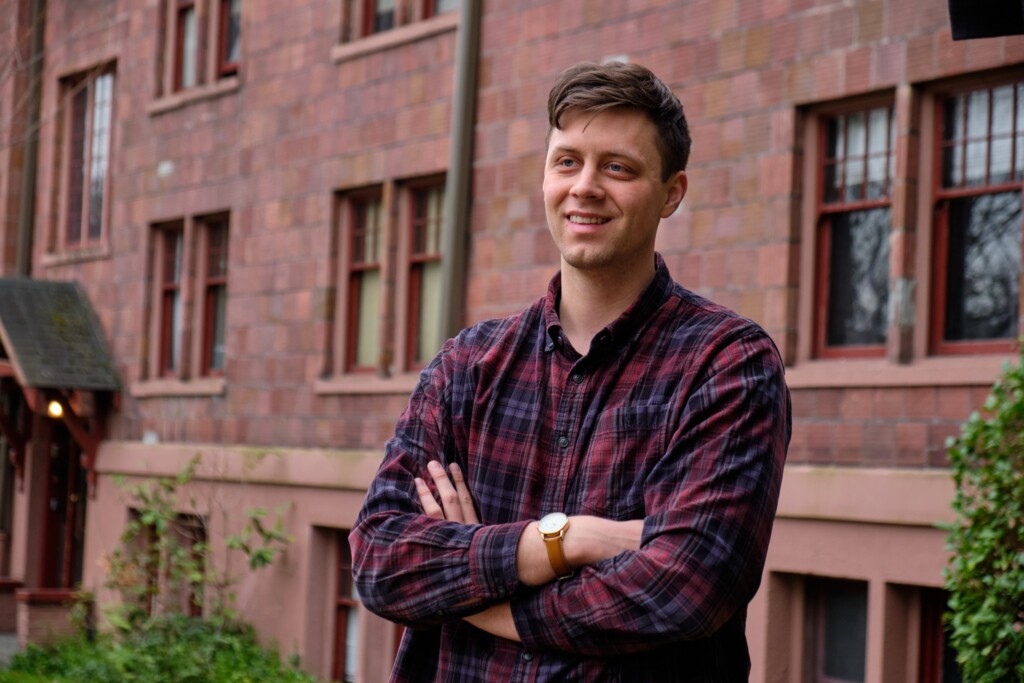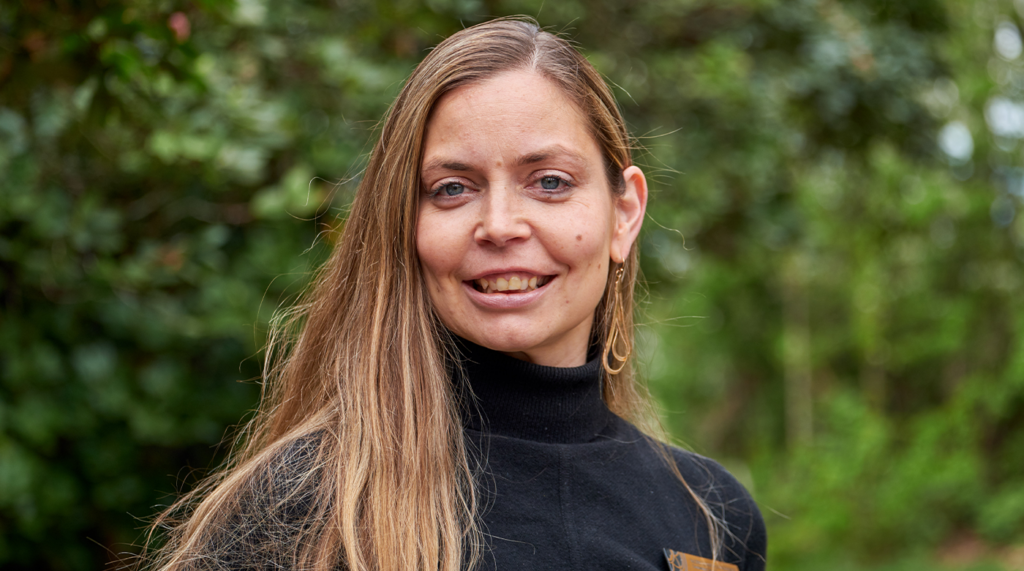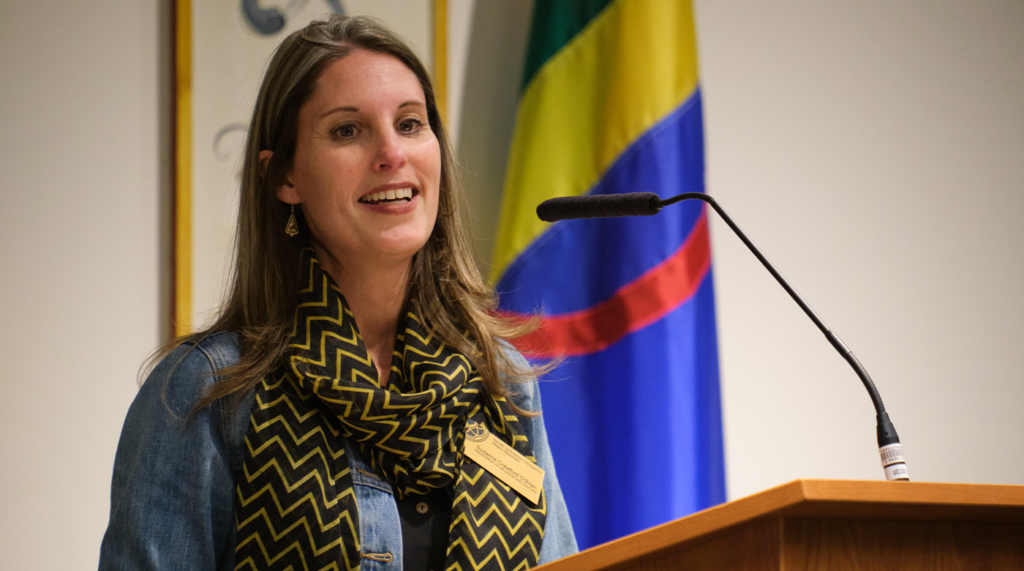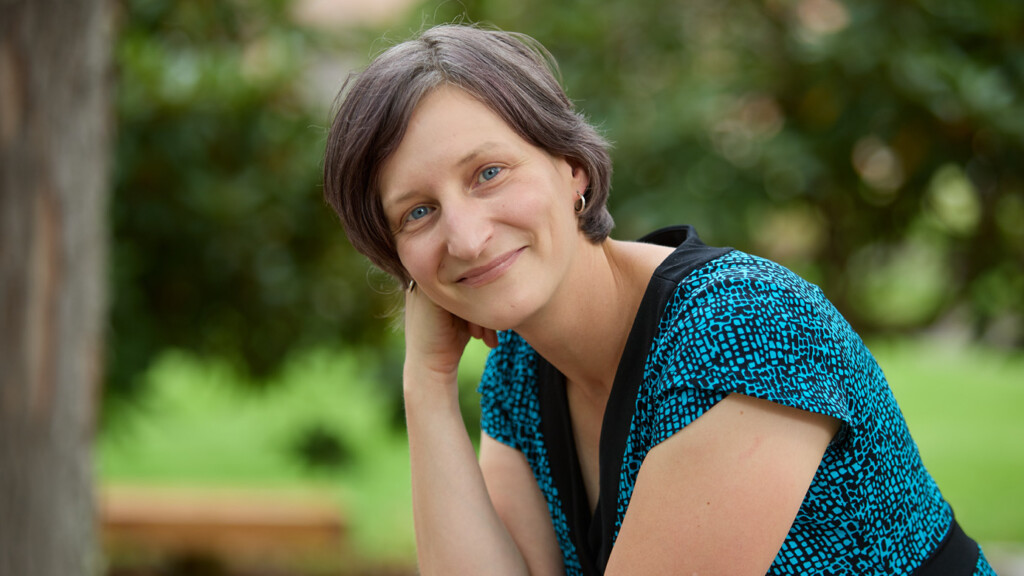Page 112 • (1,269 results in 0.073 seconds)
-
. “Washoe and her family, despite their intelligence and amazing life stories, are in prison. They will be there for the rest of their lives because, having been raised by humans as deaf human children, they are neither fully human nor fully chimpanzee. This experience makes me further committed to challenging long-held cultural and philosophical beliefs about the position that we as humans occupy within the biosphere.” While learning to care for a family of four chimpanzees at a research center in
-

Pilgrimage in 2012 as an intern at the Japanese Cultural and Community Center of Washington. He participated in his first pilgrimage after winning a scholarship to attend through the center’s youth scholarship program. Kitajo said his first pilgrimage was deeply personal. His maternal grandparents were held at Minidoka after being uprooted from their home during the war. His uncle was even born inside the camp. Kitajo’s knowledge of this family history, however, was stifled growing up. His grandmother’s
-

” in a panel moderated by University Pastor Jen Rude on Thursday, March 5 at 3:45 in the Scandinavian Cultural Center. What is Lutheran Community Services Northwest and can you share a bit about your program, in particular? Lutheran Community Services Northwest is a regional organization that serves vulnerable children, families, refugees and others throughout Washington, Oregon and Idaho. My program, in particular, is working on refugee resettlement. We help refugees secure housing and work with
-

monthly training for our staff around cultural competency. By providing training for faculty and staff around meeting students’ wellness needs inside and outside of the classroom. Also through the Student Life Division, by creating intentional places of connection, practice, and building of practical work and life skills in engagement with folks who reflect the diversity of our communities. PLU is leveraging the wisdom and expertise of student life professionals to create conversations with students
-

spaces where we gain understanding about cultural diversity, we learn about the origins of injustice and what we can do to make the world a more just, equitable, and sustainable place. Students come away with a broader understanding and a keen sense of how they can join in the work. What class or program that you know of highlights these benefits? ENVT 350 is a really stellar course that exemplifies the interdisciplinary approach to learning. This course has been taught for decades–it’s been evolving
-

. Thinking about how we engage and embrace religious and spiritual diversity. That’s really interesting. How do you differentiate between interfaith and religious and spiritual diversity? Interfaith assumes that someone has a tradition, and then they come together and communicate across religious and perhaps cultural differences. More and more, the reality seems to be that our students don’t have an established religious identity. This work isn’t necessarily about connecting a Buddhist, a Christian, a
-

she left, she created a cultural-musical exchange program between Sunshine Private School’s All Girl Marimba Band and the PLU Percussion Ensemble. Once back at PLU, she created a multimedia exhibit featuring music and video from the marimba band and local batik art masks. Later that year, in October, the Percussion Ensemble played some of the Sunshine marimba band’s songs at its fall concert. When PLU’s Wang Center for Global Education told her about the Fulbright program in 2021, Larios saw the
-
of World War II through the Chinese Revolution (1949), the Cultural Revolution (1966-1976) and well into the Reform Era of Deng Xiaoping, Professor Rittenberg was witness to extraordinary historical events. He was, however, far from passive. During his three decades in China, Sidney Rittenberg was a direct participant in China’s chaotic and often dangerous political culture, becoming personally acquainted with China’s top leadership—including Mao Zedong, Zhou Enlai and others—and often directly
-
“promoting language immersion, cultural awareness, and global engagement in your community.” KGC RAs will work collaboratively with faculty to enhance learning in this community. Each wing of Kreidler houses a different language or academic focus. The following are the Learning Communities within Kreidler Global Community. Chinese Spanish French International Honors (IHON) Global Studies Native American & Indigenous Studies (NAIS) Additional Qualifications: Enrolled in IHON/Language courses throughout
-

Scandinavian Cultural Center; his son, Tim Kittilsby ’84, and his wife, Lisa Kittilsby ’84, made a generous gift to PLU to install artificial turf on the baseball infield; and daughter-in-law Lisa serves on the Board of Regents. “When we put in a new press box this spring, it seemed like the perfect way to honor Jim Kittilsby and his family,” said Lauralee Hagen, Senior Advancement Officer at PLU and dedication organizer, who has known Kittilsby since the 1970s. “Jim was quite well thought of while at PLU
Do you have any feedback for us? If so, feel free to use our Feedback Form.


